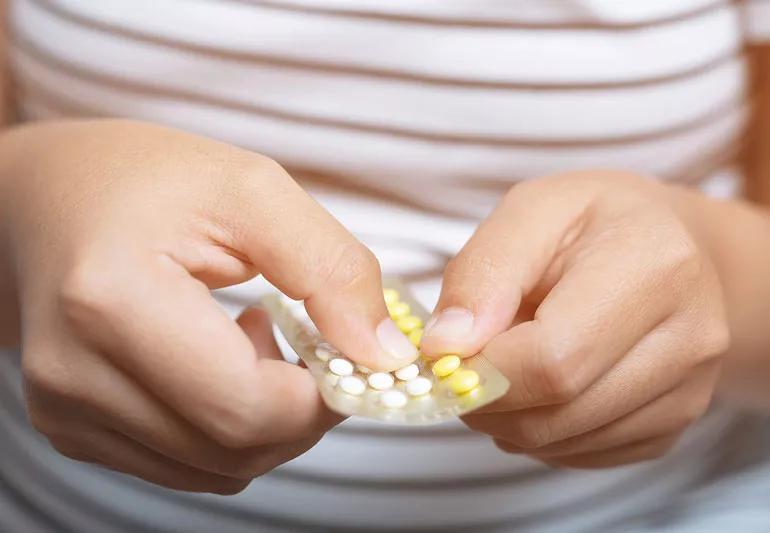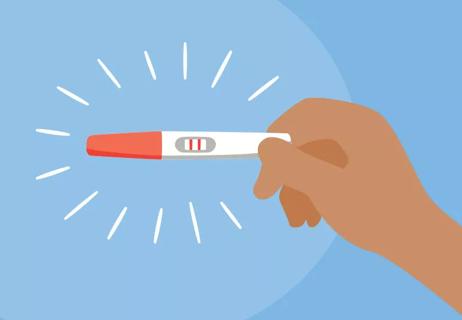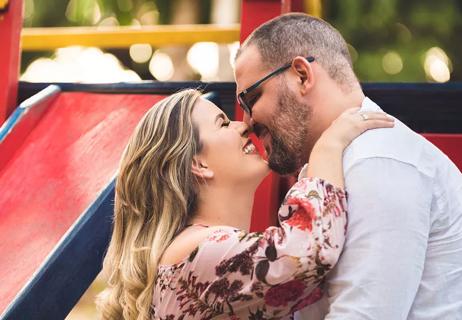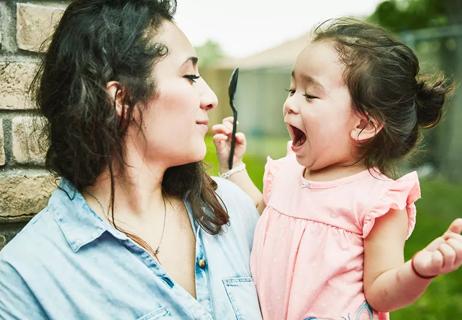The short answer from an Ob/Gyn

A: It’s a myth that you should wait at least three months to try to conceive after you stop taking the pill. Once you stop taking the pill, the hormones will be out of your system in a matter of days and you could start ovulating and conceive right away.
Advertisement
Cleveland Clinic is a non-profit academic medical center. Advertising on our site helps support our mission. We do not endorse non-Cleveland Clinic products or services. Policy
Some women believe that if you do happen to get pregnant within three months of coming off the pill that it will increase your chance of having a miscarriage – but that’s simply not true.
Thinking of getting pregnant in the near future? It’s a good idea to schedule a preconception health visit with your doctor first. This appointment can help identify any potential risks to you or your baby during pregnancy, address any medical issues and ensure you are your healthiest self.
– Ob/Gyn Salena Zanotti, MD
Advertisement
Learn more about our editorial process.
Advertisement

While it’s probably not your most fertile time, it is possible to get pregnant if you have unprotected sex during your period

While 80% of women will get pregnant within six months, age and other factors make a difference

How a BMI in the overweight or obesity range affects ovulation and how to increase fertility

A fertility specialist talks timeline, diet and other prep steps

An Ob/Gyn explains the question of timing

It’s important to angle it toward your rectum or back, along the natural curve of your vaginal canal

To help manage symptoms, switch to more absorbent period products, make healthy lifestyle changes and explore treatment options

Yes, you can pee with a tampon in; no, they won’t stretch out your vagina or make cramps worse!

Wearing a scarf, adjusting your outdoor activities and following your asthma treatment plan can help limit breathing problems

Your diet in the weeks, days and hours ahead of your race can power you to the finish line

When someone guilt trips you, they’re using emotionally manipulative behavior to try to get you to act a certain way